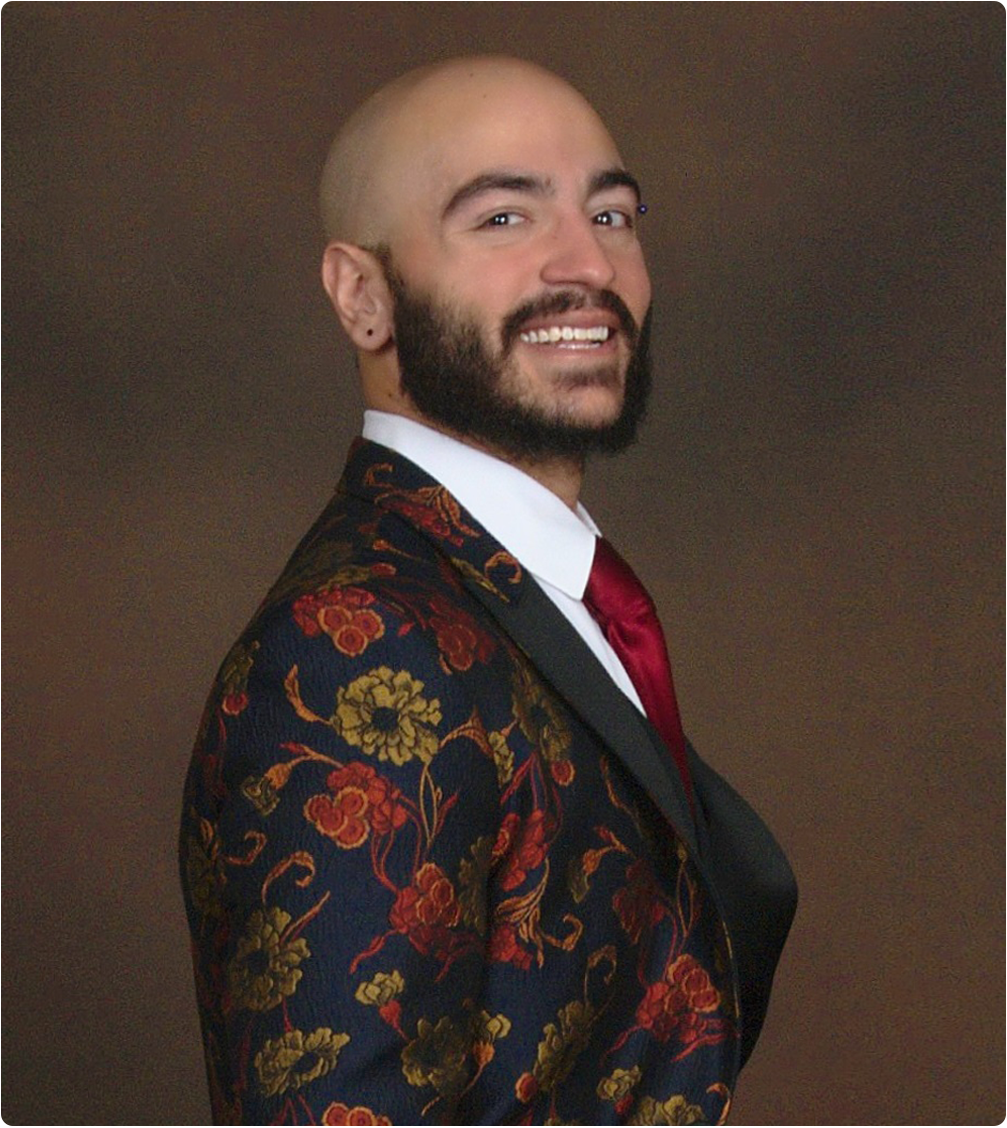

How to Prevent Burnout & Manage Stress
Learning Objectives
Upon completion of this comprehensive and engaging course, you will be able to:
- Define “burnout” and the role that stress places in causing it
- Describe the physical, mental, and workplace symptoms of burnout
- Compare and contrast burnout, compassion fatigue, and countertransference
- Assess the prevalence and main causes of burnout among students and faculty members
- List what peer-reviewed research has established to be the largest sources of stress for undergraduate students, graduate students, post-doctoral fellows, and faculty members
- Explore the 3 key moderators of burnout risk
- Identify and get access to the best-validated burnout assessment inventories
- Compare and contract individual-focused, individual/institution-focused, and institution-focused approaches to burnout prevention
- Describe the difference between proactive vs. reactive approaches to burnout prevention
- Review over 20 evidence-based interventions for burnout prevention and stress management (incl. apps and wearable devices)
Instructor

Jay Phoenix Singh, PhD, PhD is a Fulbright Scholar and the internationally award-winning Executive Director of Publication Academy. Author of over 90 peer-reviewed articles and book chapters (average 400+ citations/year since 2010) as well as 4 books (published by Routledge, Wiley, Sage, and Oxford University Press), he completed his graduate doctoral studies in psychiatry at the University of Oxford and clinical psychology at Universität Konstanz. He was named the youngest tenured Full Professor in Norway in 2014 before accepting faculty appointments at the University of Cambridge as well as the University of Pennsylvania. Since this time, he has become the only psychology professor to have lectured for all eight Ivy League universities (Harvard, Yale, Princeton, Columbia, Cornell, Brown, Dartmouth, UPenn) as well as both Oxford and Cambridge. Dr. Singh has provided keynote speeches at leading academic conferences on six continents, and his work has been featured in leading newspapers such as The Washington Post and magazines such as People. He has been the recipient of awards from organizations including the American Psychological Association, the Royal College of Psychiatrists, the Society for Research in Child Development, the Society for Research in Adolescence, the American Board of Forensic Psychology, the American Psychology-Law Society, and the European Congress on Violence in Clinical Psychiatry.

